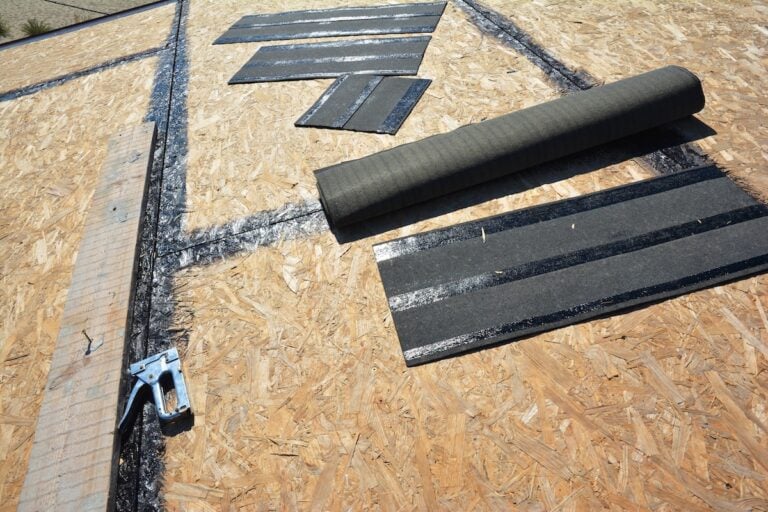
Roof Decking: Different Types & Proper Installation Steps
When it comes to the health of your roof, what lies beneath your shingles is just as important as the materials you see. Your roof decking forms the foundation …
Read More
When it comes to the health of your roof, what lies beneath your shingles is just as important as the materials you see. Your roof decking forms the foundation …
Read More
When it comes to protecting a commercial building, choosing the right roofing material is a major decision. With so many products available today, understanding…
Read More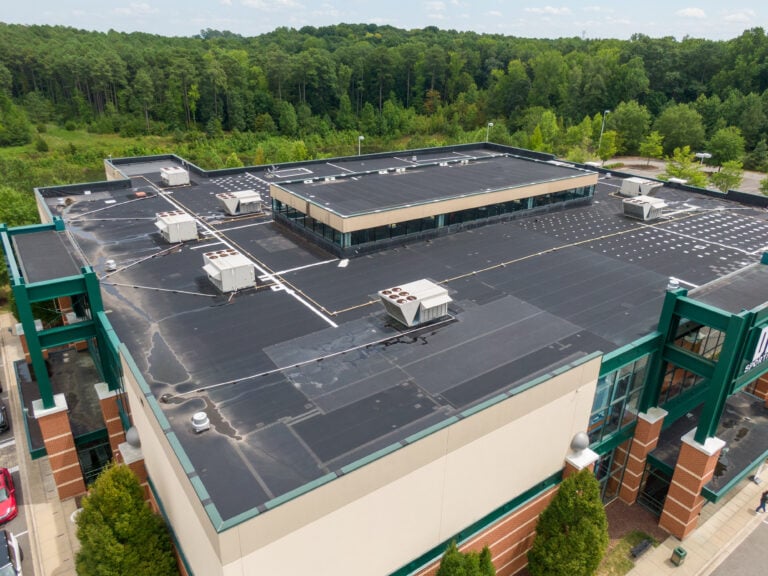
If you’re managing a commercial property, few decisions are as important as the roof system you choose. It affects everything from energy efficiency to maintena…
Read More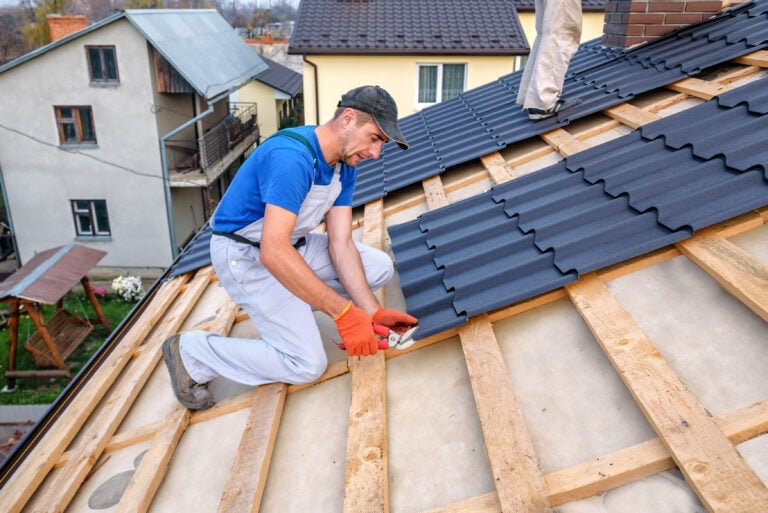
Metal roofing has gained popularity for its durability, efficiency, and long-term value. Whether you’re building a new home or upgrading an old roof, understand…
Read More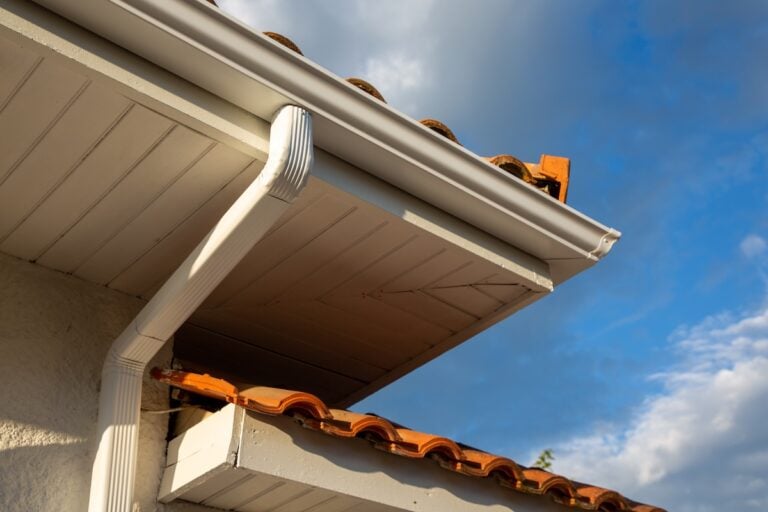
Gutters are one of those systems that most homeowners don’t think about until something goes wrong. When functioning properly, they redirect water away from you…
Read More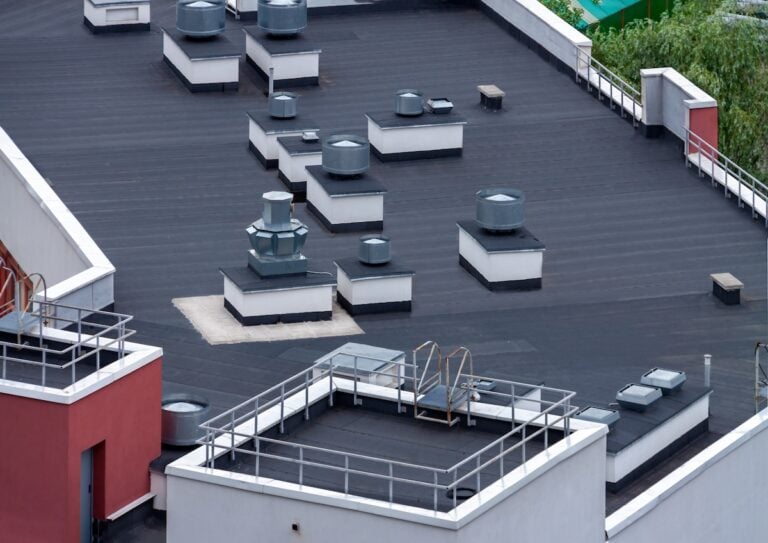
When it comes to protecting a commercial building, few systems perform as effectively as a membrane roof. Known for their strength, flexibility, and energy effi…
Read More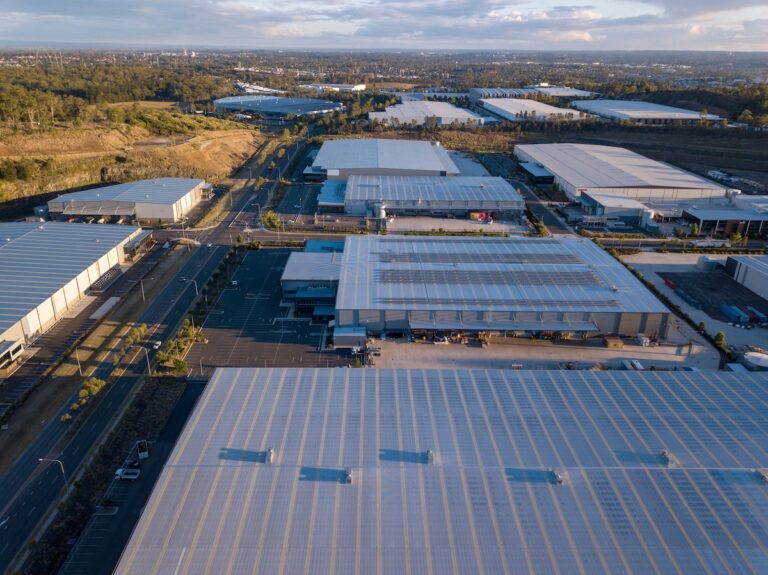
Choosing between commercial roof types for your commercial building isn’t just about looks. It’s about long-term performance, energy efficiency, and cost saving…
Read More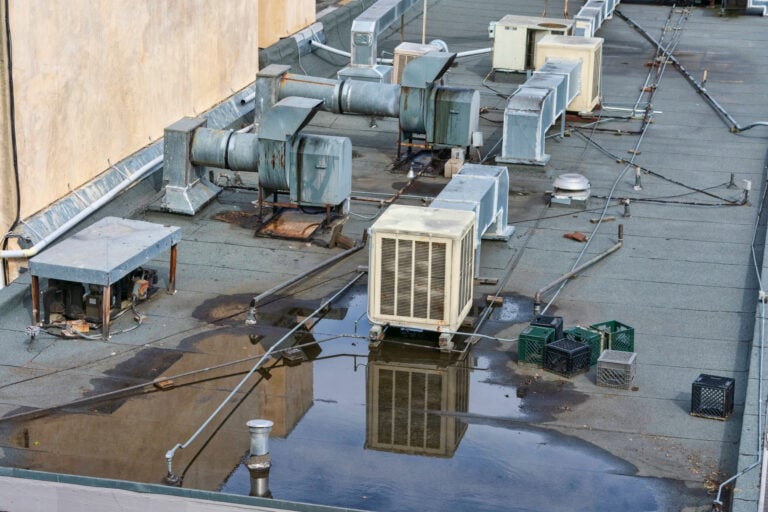
Every business owner knows how important a strong, watertight roof is for protecting property and keeping operations running smoothly. But when leaks begin to f…
Read More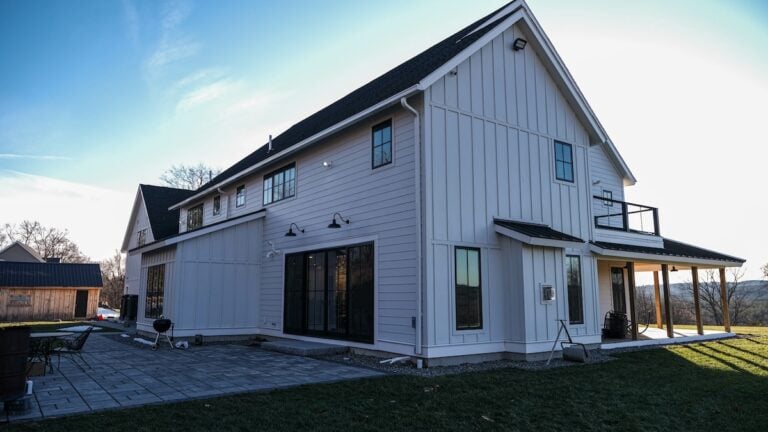
If you are planning to work on an exterior siding project, understanding how to cut Hardie board is essential. Hardie board, also known as fiber cement siding, …
Read More
Maintaining the appearance and longevity of your home starts with understanding how to clean roof shingles effectively. Over time, shingles can accumulate dirt,…
Read More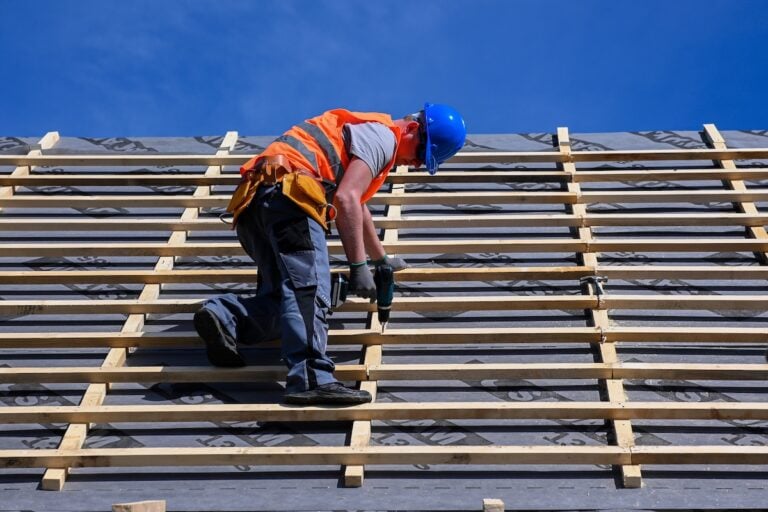
Understanding how long does it take to replace a roof is essential for homeowners preparing for this significant home improvement project. Replacing a roof is a…
Read More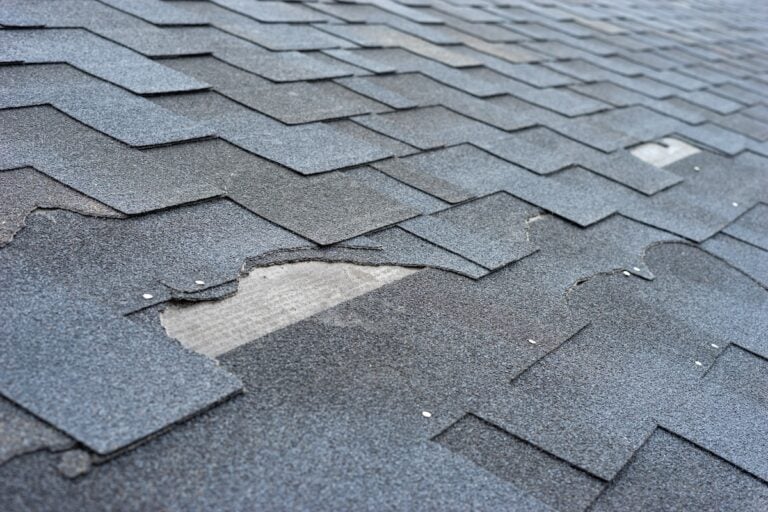
Understanding the factors behind roof repair cost is essential for homeowners and property managers alike. Roof damage can occur due to various reasons such as …
Read MoreNo pressure. No gimmicks. Just honest roofing from a local company that's been here since 2017.
Call or Schedule Online
Free Roof Inspection
Detailed Estimate in 24hr
We Build Your Roof
You Sleep Better